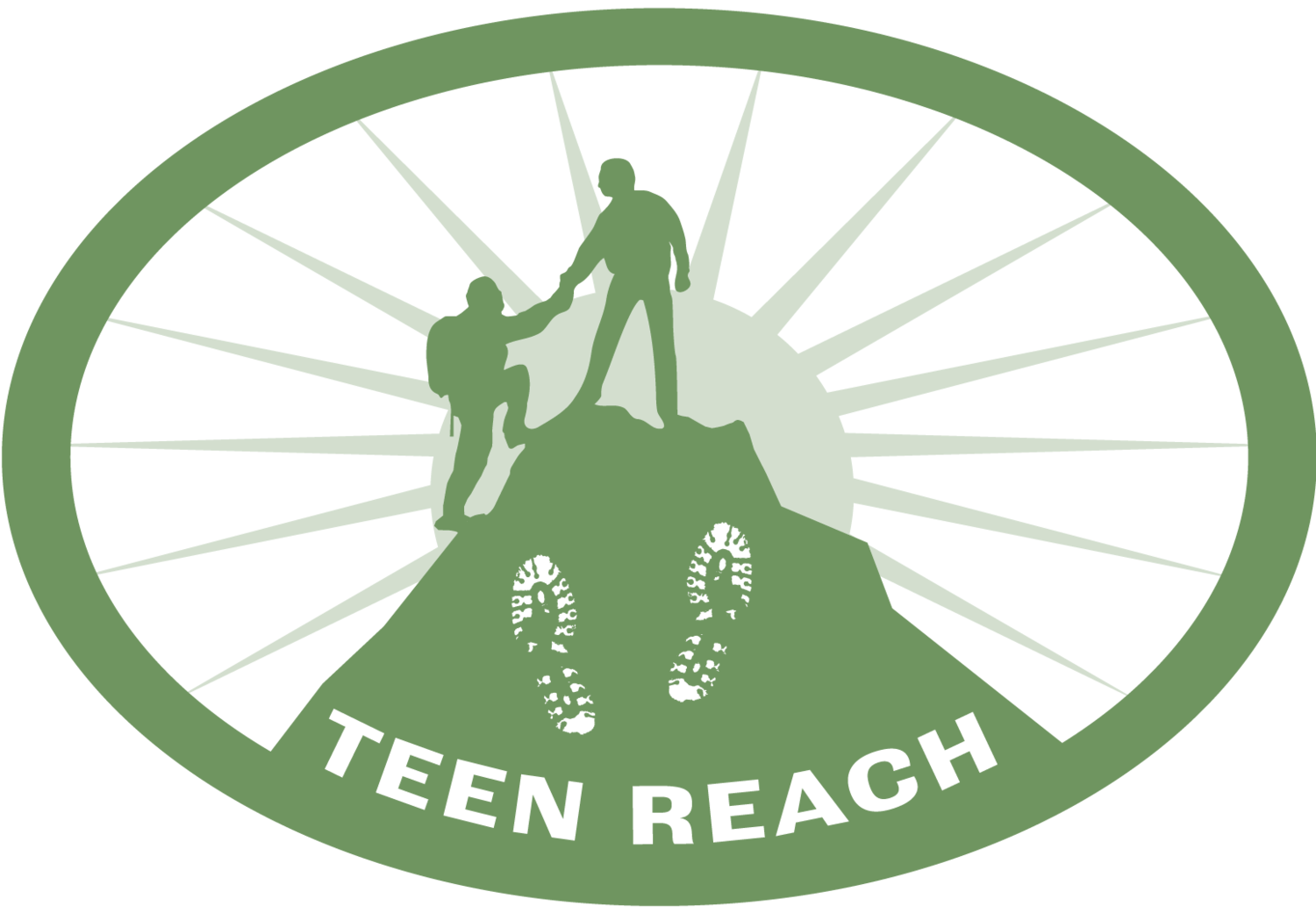Caring for Kids from Hard Places
After being inspired by Jane Schooler at CAFO last fall, we wanted to read more about what she and her late husband learned over the years through working with vulnerable youth. We’ve highlighted a few nuggets from their book, Caring for Kids from Hard Places.
Don’t forget to pass the book around to the other leaders on your team, including challenge course facilitators and the T.R.A.C.life leadership team. May you be inspired and encouraged as you serve youth from hard places.
Caring for Kids from Hard Places
by David and Jane Schooler
We see a child’s behavior and ask, “What’s wrong with you?” A better question would be “What happened to you? Tell me your story.”
Three key tasks to facilitate healing in wounded youth; 1. Understand the impact of trauma. 2. Recognize trauma-based behavior. 3. Respond by building relational connections.
Toxic stress impacts the brain, body, biology, behavior, and belief system.
There is hope! Our brains grow and change throughout life. Positive experiences and safe relationships can open doorways to healing.
Keep showing up.
Create space for emotions.
“What kids don’t talk out, they act out.” Josh Shipp
Attachment and orientation are a teen’s greatest needs. Who are my people? What am I supposed to be doing?
Resilience comes from connection.
Click here to purchase the book for yourself!

